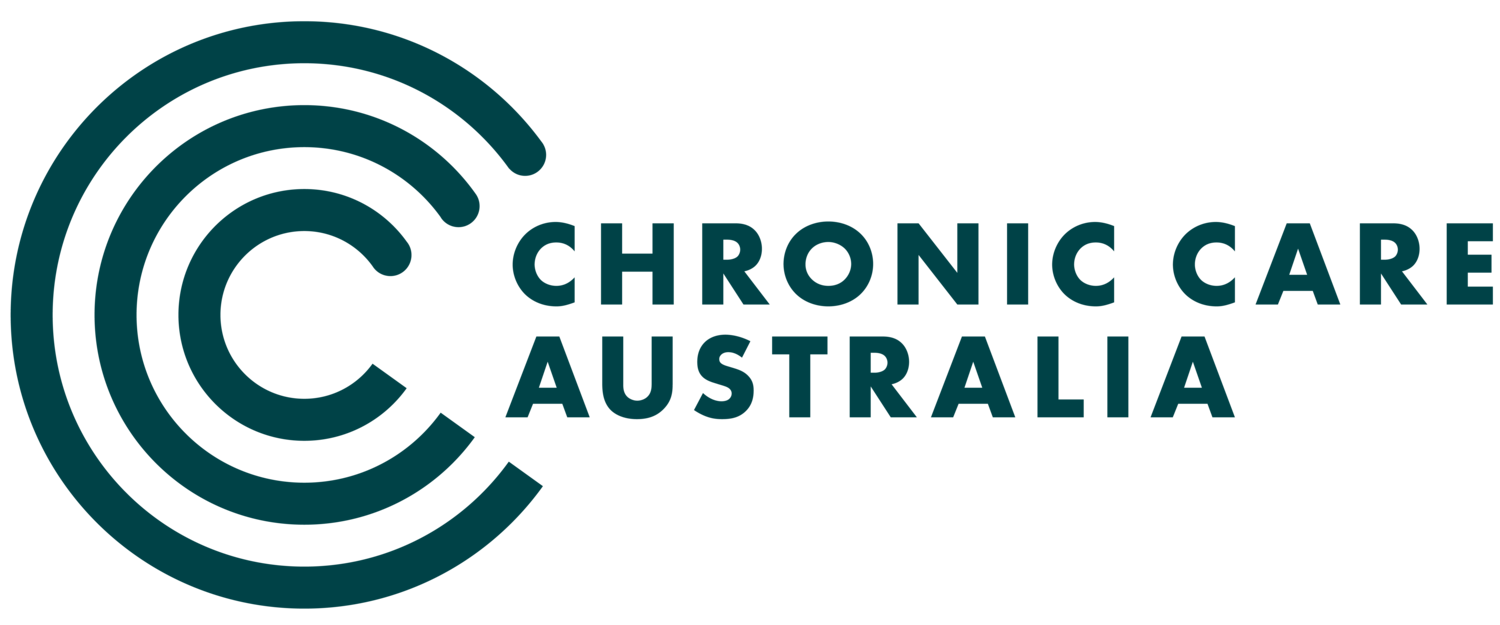Exercise as medicine for perimenopause and menopause: Key takeaways and useful information from our recent Dare to Care event.
Exercise as Medicine for Menopause and Perimenopause: Measure, Monitor and Manage
Between the ages of 40-55 women’s hormone profiles start to change - the body’s response to exercise and diet fluctuates, and typical routines may no longer yield the same results. We encourage knowledge and awareness of ‘the Big 5’ physiological systems affected during this time, and we suggest that you measure, monitor and manage symptoms in order to prevent disease and maximise your quality of life.
THE BIG FIVE
Heart Health (Cholesterol, Blood Pressure, Flutters and Fibrillation): Measure and monitor together with your GP. Use the Heart Foundation Heart Health Check.
Metabolic Health: (Diabetes, Pre-Diabetes, Body Composition): Measure and monitor together with your GP using DEXA scans, Hip to Waist Ratio Measurement. Ensure you maintain lean muscle mass.
Mental Health: (Poor Sleep, Fatigue, Anxiety & Panic, Mood & Behavioral Changes, Depression): Measure and monitor together with your GP using self-report instruments such as the DASS survey (Depression, Anxiety, Stress Scale).
Bone Health: (Osteoporosis): Support and fortify with nutrition including adequate protein and calcium intake, properly prescribed weight bearing exercise, supplements including Vitamin D, reducing alcohol and smoking cessation.
Muscle & Joint Health: Significant new research shows perimenopausal women are at a higher risk for musculoskeletal pain than their perimenopausal counterparts, and stresses that awareness of the 'musculoskeletal syndrome of menopause' is critical.
The Right Exercise Medicine Prescription for You
At Chronic Care Australia (CCA), we’re committed to helping women navigate this journey with expertise and evidence-based support. Our personalised services and programs provide the guidance and tools needed to thrive during menopause and beyond. Booking an appointment with an Accredited Exercise Physiologist is an ideal starting point. Read more and book an initial consultation.
Building Strong Foundations with ONERO™: Evidence-Based Support for Bone Health
Bone density can decline significantly during menopause and perimenopause, increasing the risk of osteoporosis and fractures. CCA is proudly accredited by Professor Belinda Beck and The Bone Clinic to deliver the ONERO™ program — recognised as the gold standard in exercise medicine for people living with, or at risk of, osteoporosis. This structured, scientifically backed exercise protocol targets bone health directly through clinically supervised weight-bearing and resistance training, helping to build a strong skeletal foundation.
If you're interested in understanding more about bone health, tune in to Professor Beck’s conversation with longevity expert Dr. Peter Attia on The Drive podcast, where she discusses the science behind ONERO™ and its benefits for women’s long-term health.
HRT
Menopausal Hormone Treatment or MHT (also known as Hormone Replacement Therapy or HRT) is the most effective way of improving menopausal symptoms. HRT can also benefit your health by improving bone density and reducing the risk of fractures. HRT may also reduce the risk of a fracture and heart disease for some women. If you have had hormone-dependent cancer, you should not take hormone therapies. Speak with your doctor about HRT and you (Ref Australasian Menopause Society).
DEXA Scans
Curious about your bone density? Booking a DEXA scan at Azure Medical can provide detailed data on bone, fat, and muscle percentages, guiding more effective exercise routines.
We also recommend reading the wealth of trusted information on the Healthy Bones Australia website.
Why Protein Matters More as We Age
Exercise and high-quality protein are a dream team when it comes to keeping your muscles strong and your body thriving. At Chronic Care Australia (CCA), we see firsthand how this duo – especially when it’s delivered in the right doses – helps people stay active, independent and resilient. Older adults should aim for 1.0 to 1.5 grams of protein per kilogram of body weight daily. Read more in our blog Exercise: The Perfect Partner for Protein.
Guiding Your Journey with Trusted Resources
With the right tools and insights, it’s possible to approach this phase with confidence.
Resources like the Hormone Repair Manual by Lara Briden and the Balance App for Menopause offer practical, holistic strategies.
The Australasian Menopause Society also provides valuable information to empower women during this transition, offering educational resources, expert insights, and support for understanding and managing menopause.
Connecting with a women’s health GP is another essential step, providing personalised care tailored to your individual needs, including supplements and body-identical hormone therapy.
Here are some practitioners we recommend:
For further guidance, Dr. Lucy Caratti’s podcast, Goddess Era, delves into women’s health topics, providing supportive and expert perspectives on navigating menopause with an integrative approach.

